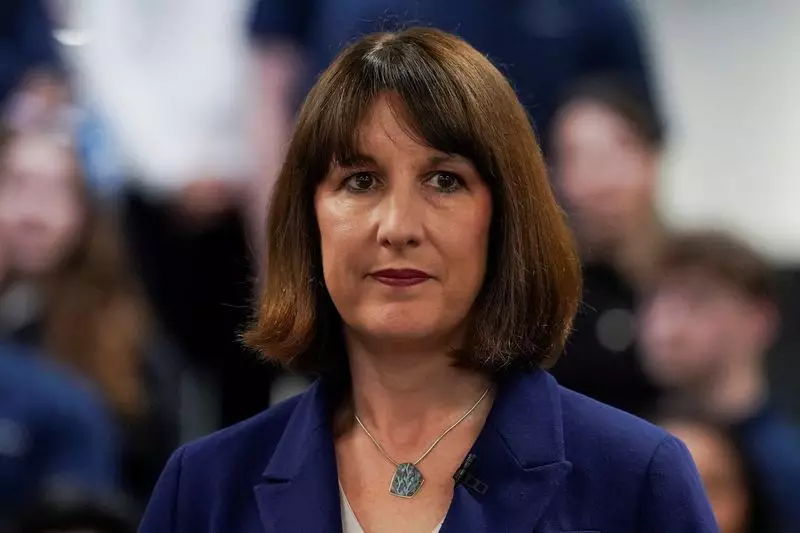Britain’s newly appointed finance minister, Rachel Reeves, has inherited a challenging economic landscape from her Conservative predecessor. Reeves recently revealed to Parliament that public spending is set to exceed the budget by a staggering £21.9 billion this year. In response to this alarming trend, she has announced immediate cuts of £5.5 billion and plans for further £8.1 billion in cuts for the upcoming financial year.
One significant aspect contributing to the rising budget deficit is Reeves’ decision to implement pay rises for public-sector workers, totaling £9.1 billion. These pay increases were recommended by independent pay-setting bodies, which Reeves argued had been neglected by the previous Conservative government. While this move may be well-intentioned, it has added to the financial strain on the government’s coffers.
Reeves has expressed serious concerns about the sustainability of the current state of public finances, warning that it poses a risk to economic stability if left unaddressed. She emphasized the need for immediate action to curb in-year spending and make essential savings to prevent the budget deficit from ballooning any further. The looming financial challenges require tough decisions to be made promptly.
In a bid to trim costs and redirect funds to essential areas, Reeves has initiated a review of various government projects. Cuts have been made to initiatives such as roadbuilding and railway restoration. She has also pledged to reassess a scheme aimed at hospital reconstruction and set ambitious targets for government departments to cut over £3 billion from their budgets. Additionally, Reeves plans to save £1.5 billion annually by discontinuing heating cost payments to higher-income pensioners.
Upon assuming office, Reeves commissioned a review of the public finances and utilized her parliamentary announcement to criticize the previous government’s handling of budgetary matters. This drew sharp rebukes from Conservative members, who accused her of using the situation as a pretext to justify impending tax hikes. Jeremy Hunt, a former finance minister, dismissed Reeves’ allegations as politically motivated, suggesting that the Labour government had been planning tax increases all along.
Experts such as Paul Johnson from the Institute for Fiscal Studies (IFS) have acknowledged the significant funding pressures facing the current government. While some aspects of the economic challenges were unforeseen, they raise pertinent questions about the previous administration’s fiscal policies. The Office for Budget Responsibility has pledged to review the budget preparation process, recognizing the gravity of the situation. Reeves has affirmed her commitment to uphold her party’s pre-election pledges not to raise income tax rates or the value-added tax. However, she has hinted at potential tax changes in the forthcoming budget statement in October.
Britain’s new finance minister, Rachel Reeves, faces an uphill battle in navigating the country’s economic challenges. The need for austerity measures, budget cuts, and tough decisions looms large as she grapples with a spiraling budget deficit and strained public finances. The political landscape is fraught with tensions as accusations and counter-accusations fly between the Labour and Conservative camps. Reeves’ ability to steer the economy towards stability and growth will be tested in the coming months, as she seeks to implement prudent fiscal policies and restore confidence in the government’s financial management.

